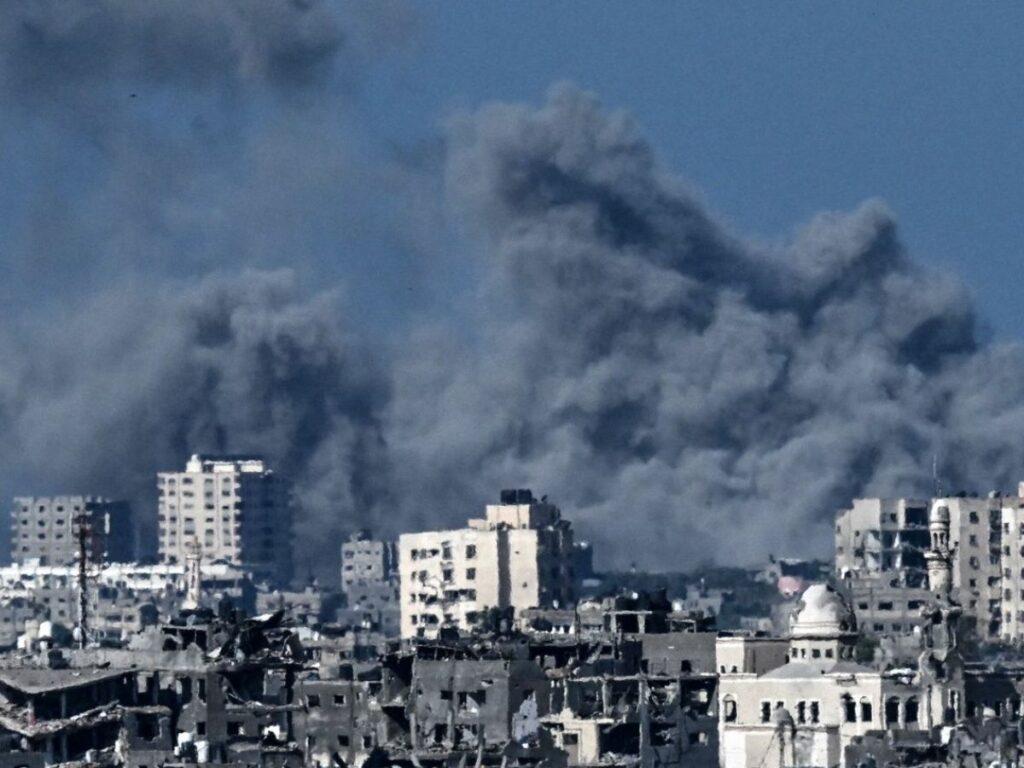The Gaza war has been a contentious and deeply distressing conflict, sparking mixed reactions around the world. The call for a boycott of Israel has garnered a lot of momentum, as it aims to target the economic, academic, and cultural sectors of the country.
Some countries have implemented varying degrees of boycotts, and sanctions as a means of expressing their dissatisfaction with Israel’s actions. About nine countries have withdrawn their ambassadors and severed ties with Israel. They include Turkiye, Colombia, Jordan, Honduras, Chile, Bolivia, Bahrain, South Africa and Chad.
South Africa is one of the latest countries to boycott Israel. The foreign minister, Naledi Pandor said that diplomats are being recalled from Israel for a review of the two countries’ relationship. This move comes in response to an increase in civilian casualties resulting from Israel’s conflict with the Palestinian militant group Hamas.
South Africa, a longstanding advocate for peace in the Middle East, has historically supported the Palestinian cause, drawing parallels between their struggle and South Africa’s own experience with apartheid, which came to an end in 1994.
Pandor called the return of diplomats a “normal practice”. She said the recall was to determine “whether there is any potential for you to be of assistance and whether the continued relationship is able to be sustained in all terms.”
“We believe the nature of the response by Israel has become one of collective punishment and the country would continue to call for a comprehensive ceasefire in Palestine.”
Aside from South Africa, Chad has also withdrawn the country’s chargé d’affaires to Israel in response to the Gaza conflict. “Chad condemns the loss of human lives of many innocent civilians and calls for a ceasefire leading to a lasting solution to the Palestinian question,” said the government spokesperson’s statement.
Many African leaders have refrained from openly addressing the ongoing conflict. Some who have spoken out condemned the terror attacks by Hamas, while others reiterated their advocacy for a two-state solution. The stance on Israel or Palestine is divided across much of the African continent.
While Algeria, Egypt, Tunisia, Sudan, and South Africa have expressed unwavering solidarity with Palestine, rooted in a shared history of occupation. Conversely, countries such as Kenya, Zambia, Rwanda, Ghana, and DR Congo have aligned themselves with Israel.
President William Ruto of Kenya vehemently denounced the Hamas attacks on Israel in a forceful statement, urging the global community to respond decisively against those responsible for the criminal acts of terrorism, including perpetrators, organizers, financiers, sponsors, supporters, and enablers.
Though Nigeria and Uganda shared their concerns regarding the conflict, they have maintained a neutral stance. Nigeria’s Ministry of Foreign Affairs has released a statement urging both parties to “exercise restraint” and “prioritize the safety of civilians.” Meanwhile, President Yoweri Museveni of Uganda has articulated his support for a ‘two-state solution’.
The division among African countries over the Israel-Hamas conflict underscores the difficulty of coordinating regional interests with global geopolitical forces. The continent’s attitude to this war continues to change as countries negotiate past relationships and geopolitical concerns. The continent’s response to this conflict continues to evolve, revealing the intricate web of influences that shape diplomatic decisions.
Source link : https://venturesafrica.com/african-countries-grapple-with-differing-views-on-israel-hamas-conflict/
Author :
Publish date : 2023-11-10 03:00:00
Copyright for syndicated content belongs to the linked Source.
